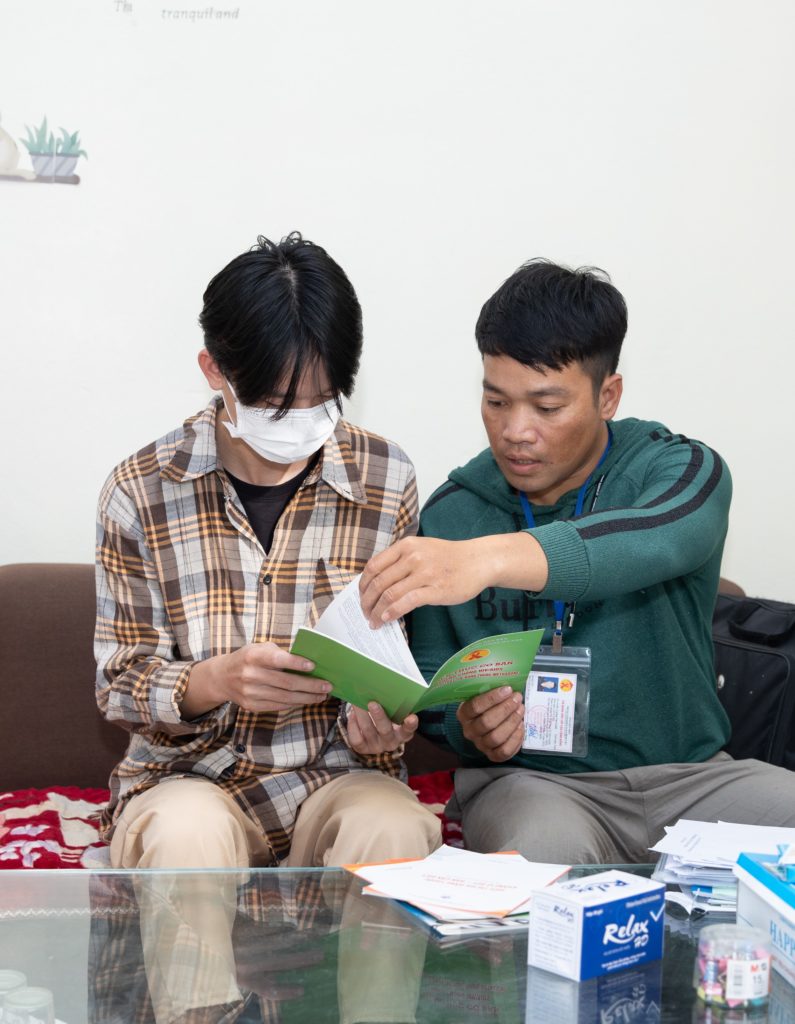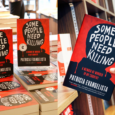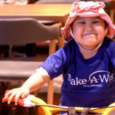Discrimination is a pervasive problem that affects millions of people around the world. And, When In Manila is one with the nation in celebrating this event.
It is a social injustice that undermines fundamental human rights, including the right to be treated with dignity and respect. Discrimination can take many forms, such as racial or gender discrimination against individuals with disabilities or those with different sexual orientations. Asia Pacific, like many other regions of the world, has also been grappling with the issue of discrimination. However, UNAIDS Asia has taken a strong stance against this problem. It is actively working towards creating a more inclusive and equitable society.
In celebration of Zero Discrimination Day, UNAIDS highlights the need to remove laws that criminalise people living with HIV and key populations. The 2023 theme, “Save lives: Decriminalise”, points to the positive impact on health and life outcomes when discriminatory and punitive laws are removed.
According to UNAIDS Regional Director for Asia and the Pacific, Eamonn Murphy, “Criminal laws targeting key populations and people living with HIV violate human rights, deepen the stigma people face and put them in danger by creating barriers to the support and services they need.” He added, “Decriminalisation is an essential step toward building a supportive legal and policy environment that addresses the social determinants of health.”

Photo provided by UNAIDS
UNAIDS shared the stories of people in Asia and the Pacific who have experienced reduced access to healthcare, justice and other human rights due to criminal laws and the prejudice they perpetuate.
“The war on drugs has created a lot of stigma and a culture that views people who use drugs as criminals. When we access healthcare, we get treated as bad people. Many choose not to go even if they know they are unwell or at risk,” said Tedjo, a paralegal and past drug user.
Ikka explained that during her former life as a sex worker, she and her colleagues never reported customers who physically or sexually assaulted them or did not pay. She said: “If someone called the police, they would arrest the sex worker and not the client. The police wouldn’t take your report. They think they have more important cases than you.”
In 2021, the world set ambitious targets to remove criminal laws that are undermining the AIDS response through the political declaration on HIV and AIDS. UN member states made a commitment that by 2025 less than 10% of countries would have punitive legal and policy environments that affect the HIV response. Despite some promising reforms, the world and region are far from achieving this target.
The Asia Pacific situation
Harry Prawbowo, Programme Manager of the Asia Pacific Network of People living with HIV and AIDS (APN+), shared that “states have a moral and legal obligation to remove discriminatory laws and enact laws that protect people from discrimination.” In fact, he emphasised that the meaningful engagement of people living with HIV and key populations is critical to ensure countries develop effective laws that do not have negative, unintended consequences.
Analysis by UNAIDS and UNDP reveals that just ten of 38 countries in the Asia Pacific region explicitly prohibit discrimination against people living with HIV. On the other hand, 17 countries have either HIV-specific penal laws or public health laws that criminalise HIV transmission, exposure or non-disclosure. Five countries retain formal HIV-related travel and migration restrictions, while 12 have mandatory HIV test requirements relating to entry, stay and residence. Legislation, policies and practices that further stigmatise people living with HIV are not in the interest of public health.
Fourteen countries in the region retain corporal or capital punishment penalties for drug possession. There are compulsory centres or similar systems for people who use drugs in 21 nations. In 2012 and 2020, United Nations agencies called for the permanent closure of compulsory facilities for people who use drugs, citing lack of due process, forced labour, inadequate nutrition, and denial or limited access to healthcare. Progress in ending compulsory treatment for people who use drugs in East and Southeast Asia has largely stalled, according to a 2022 report. The United Nations Office on Drugs and Crime (UNODC) and UNAIDS are supporting countries to transition to evidence-informed and human-rights-based services.
Eighteen Asian and Pacific countries either fully or partially criminalise consenting sex between adult men. Gay men and other men who have sex with men living in countries with severe criminalisation are almost five times as likely to be infected with HIV as those living in countries without such criminal penalties.
Except for New Zealand, all countries in the region criminalise some aspect of sex work. In countries where sex work is heavily criminalised, sex workers are seven times more likely to live with HIV than peers in countries where it is wholly or partially legalised.
Six countries in the Asia Pacific region—Cambodia, Lao PDR, Nepal, Papua New Guinea, Philippines and Thailand—have joined the Global Partnership for Action to Eliminate all Forms of HIV-related Stigma and Discrimination. This is a coalition that harnesses the combined power of governments, civil society, donors, academia and the United Nations to catalyse action to end stigma and discrimination, including in legal and justice systems.
Don’t feel ashamed to ask for help!
HIV, or Human Immunodeficiency Virus, is a serious health condition affecting millions of people worldwide. It can devastate a person’s life, causing physical and emotional symptoms that can be difficult to manage. Despite the availability of effective treatments, many people still feel ashamed or stigmatized by their diagnosis, and this can prevent them from seeking the help they need. However, organizations and countries like UNAIDS are dedicated to helping people with HIV or AIDS. It is essential to remember that seeking help is a sign of strength, not weakness.
Zero Discrimination Day is an annual observance celebrated on March 1st that aims to promote equality and combat all forms of discrimination, including discrimination based on race, gender, age, sexual orientation, disability, and other factors. The day was first observed by the United Nations in 2014. Since then, it has been an opportunity to raise awareness about the negative impacts of discrimination and to encourage people to take action to create a more inclusive and just world.





